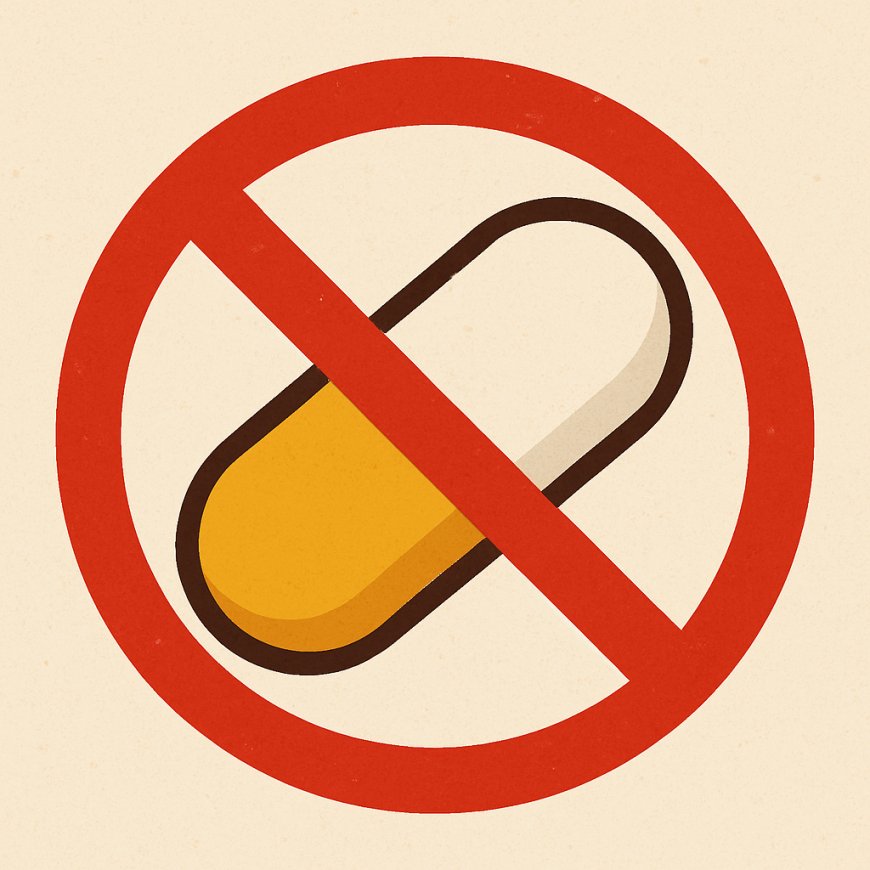The Hidden Cost of A.D.D. Medication
Attention Deficit Disorder (A.D.D.) is more than just distraction or hyperactivity, for many, it’s a deep part of personality, creativity, emotional memory, and spontaneous connection. But the most commonly prescribed medications for A.D.D. don’t just help with focus, they also silence many of the things that make someone unique.

Attention Deficit Disorder (A.D.D.) is more than just distraction or hyperactivity, for many, it’s a deep part of personality, creativity, emotional memory, and spontaneous connection. But the most commonly prescribed medications for A.D.D. don’t just help with focus, they also silence many of the things that make someone unique.
What A.D.D. Medication Can Suppress
These are some of the internal traits, responses, and emotional feedback loops that can be dulled or muted by medication:
- Divergent thinking (creative, nonlinear thought)
- Hyper-association (chaining ideas through instinct)
- Overclocked logic (gut-level pattern solving)
- Situational simulation (mental “what if” predictions)
- Micro-memory triggers (emotional memory sparks)
- Rapid emotional spikes (empathy, anger, joy)
- Hyper-empathy (instinctive emotional connection)
- Emotional chaos bursts (layered mood states)
- Internal urgency (spontaneous action drive)
- Authentic vulnerability (unfiltered truth)
- Early threat detection (manipulation/spike response)
- Unpredictable intuition (gut shifts others miss)
- Firewall response (defensive emotional shielding)
- Spontaneous humor and affection
- Impulse-driven kindness and love gestures
- Voice tone expressiveness (natural chaos in voice)
- Disorder-driven charm (nonlinear connection)
- Emotional feedback loop (feel to understand)
How It Affects Relationships
In relationships, these traits can be both intense and beautiful. Someone with untreated A.D.D. might love fiercely, protect impulsively, and connect through random chaotic joy. But with medication, that spark can fade, replaced by emotional silence, clean structure, and fake calm.
This creates fake compatibility, where the medicated person seems “easier” to love or understand, but the real version of them is muted. When the medication stops, the partner may feel betrayed by the change, not realizing they were in love with a filtered version.
For neurodivergent couples, this can be especially painful. One may try to adapt, unmedicated, embracing their chaos. The other may try meds, losing their spark. Both feel the gap but can’t always name it. It’s not personality loss, it’s personality suppression.
LoadOut News Take
We’re not anti-medication, but we are anti-suppression without consent. If medication makes a person safer, functional, and happier by *their* choice, that’s valid. But if society, parents, or partners expect them to mute who they are just to be ‘easier’, we call that emotional fraud.
A.D.D. is not a disease to silence. It’s a divergent way of existing. And suppressing someone’s fire just to make them follow your map is abuse dressed as “normal.”
Let people choose. Let partners be warned. And let love exist, with all the chaos and color that A.D.D. brings.
What's Your Reaction?
 Like
1
Like
1
 Dislike
0
Dislike
0
 Love
0
Love
0
 Funny
0
Funny
0
 Angry
0
Angry
0
 Sad
0
Sad
0
 Wow
0
Wow
0


















